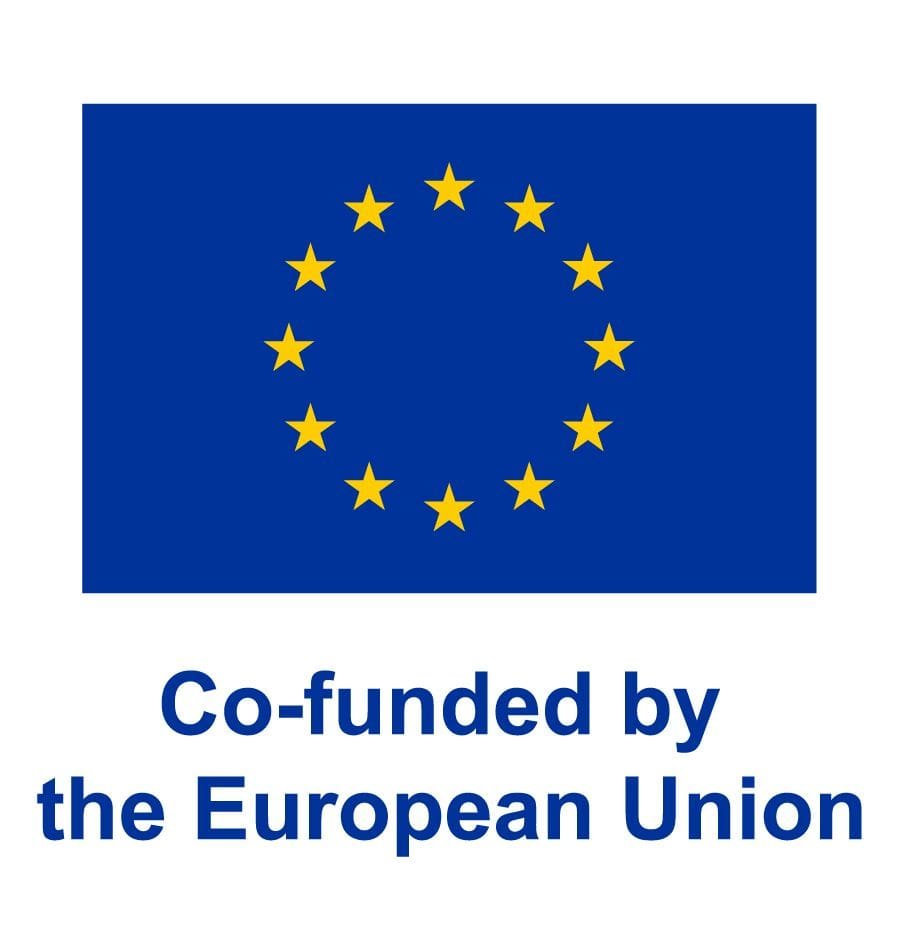Política comercial; acuerdo; interregional.
Abstract
The purpose of this paper is analyze the relationship between the European Union and Latin America, by the examination of their trade agreements in the current context of the COVID-19 pandemic, as well as their projection, as consequence of the new approaches due to the New international Order that will
delimit the global trade.


